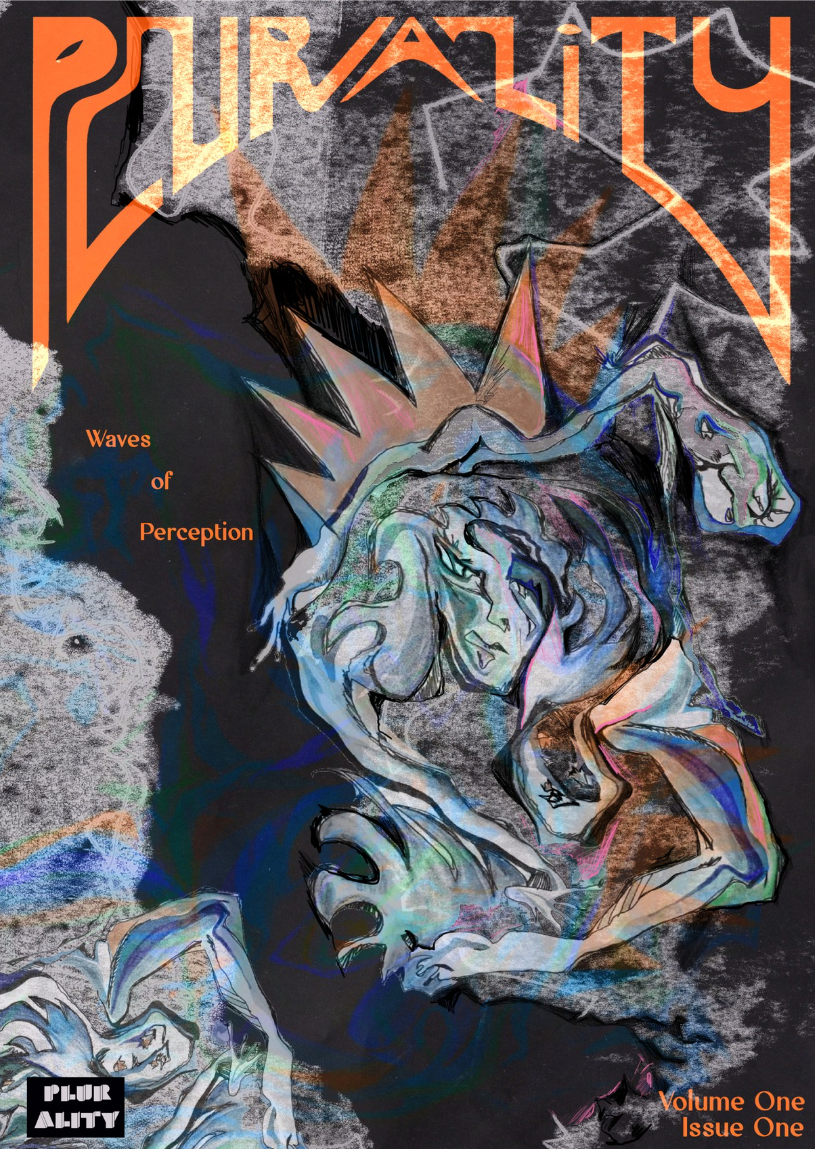'These Chicks are Damaged Goods': The Abject Female Body in Fielding's Bridget Jones's Diary and Warner's The Sopranos
DOI:
https://doi.org/10.2218/plurality.10070Keywords:
Female bodies, Objectification, Voyeurism, Male-gazeAbstract
The female body as a disruptive force was a dominant topic in the popular culture and literature of the 1990s, as well as in debates of the postfeminist theorists of the decade. As culture began to constantly scrutinise women’s bodies and obsessively fixate on unhealthy thinness and perpetual youth, an idealistic model of the female body was conceptualised: self-contained, perfectly smooth, with no biological functions or needs (vide McRobbie 57-8). Due to the impossibility of meeting these voyeuristic standards, the uncomfortable biological reality of womanhood has been perceived as deserving of societal degradation and unyielding control. This essay will examine the nature of Kristevan's abjection of female bodies in Helen Fielding’s Bridget Jones’s Diary (1997) and Alan Warner’s The Sopranos (1999). I shall follow the thesis of Margrit Shildrick and Janet Price, which delineates the relationship between the physicality of the female body and the negative perception of women, outlined as such: ‘the body has a propensity to leak, to overflow the proper distinctions between self and other, to contaminate and engulf. Thus, women themselves are, in the conventional masculinist imagination, not simply inferior beings whose civil and social subordination is both inevitable and justified, but objects of fear and repulsion’ (3). I will argue that the female protagonists of these novels are unwilling to reject their corporeality despite its negative connotations; however, due to the all-encompassing nature of their patriarchal environments, they are unable to liberate themselves from the oppressive demarcations of female abjection.
Downloads
References
Fielding, Helen. Bridget Jones’s Diary. London: Picador, 1997.
Genz, Stéphanie. ‘Singled Out: Postfeminism’s “New Woman” and the Dilemma of Having It All.’ The Journal of Popular Culture, vol. 43, no. 1, 2010, pp. 97–119.
Gill, Rosalind. ‘Postfeminist Media Culture: Elements of a Sensibility.’ European Journal of Cultural Studies, vol. 10, no. 2, 2007, pp. 147–66.
McRobbie, Angela. The Aftermath of Feminism: Gender, Culture and Social Change. London: SAGE Publications, 2008.
Schober, Regina. ‘Reading Chick Lit through Numbers: Postfeminist Self-Quantification in Helen Fielding’s Bridget Jones’s Diary and Karyn Bosnak’s What’s Your Number?’ Laboring Bodies and the Quantified Self, edited by Ulfried Reichardt and Regina Schober. Bielefeld: transcript Verlag, 2020, pp. 123–40.
Schoene, Berthold. ‘Alan Warner, Post-feminism and the Emasculated Nation.’ The Edinburgh Companion to Contemporary Scottish Literature, edited by Berthold Schoene. Edinburgh: Edinburgh University Press, 2007, pp. 255–63.
Shildrick, Margrit and Janet Price. ‘Openings on the Body: A Critical Introduction’. Feminist Theory and the Body: A Reader, edited by Janet Price and Margrit Shildrick. Edinburgh: Edinburgh University Press, 1999, pp. 1–14.
Warner, Alan. The Sopranos. London: Vintage, 1999.
Downloads
Published
Issue
Section
License
Copyright (c) 2024 Julia Owczarek

This work is licensed under a Creative Commons Attribution-NonCommercial-ShareAlike 4.0 International License.






